Laurynas Bareiša’s “Drowning Dry” takes the most fascinating, alluring approach to what would have otherwise been a rote, predictable turn of events. It’s a narrative firmly about trauma and how one processes it. There are no clear-cut, linear ways by which one moves over it. The manner of grappling with it is fuzzy, haphazard, and a constantly shifting process. Healing takes its time, and yet a few scars might remain forever embossed on one’s attitude when coping with the most regular, everyday moments. It’s a journey of several emotional lurches.
Grief and bereavement lodge deep within oneself. Unbidden, it rises to the fore. After the tragedy, life snowballs into a never-ending path of learning how to live with the pain and not let it destroy you wholly. The film understands essential, harrowing truths of being caught up in tragedy and its aftermath that unspools longer than one can afford to keep a lid on it and force it into repression. Bareiša is a persistently innovative filmmaker, refusing to play into the usual framework of certain situations and privileging a destabilizing method that is more receptive and authentic to the untrammeled emotional reality of characters.
Therefore, the structure deliberately loops, keeping with the characters’ interrupted emotional existence and circumstances. It is a style punctuated with breaks. An emotional throughline is ever-present, but it is never rammed head-on at the viewer. The film allows one to make associations, loose-limbed and free-floating as they are, with imagination and empathy. Since a neat trajectory is ruptured, we follow the characters in and out of flash-forwards amidst a structure interspersed with fragmentary tendencies.
Bareiša’s screenplay is like a patchwork of incidents that have a key, common root in trauma. Everything in the film stems from and pivots around that. The film’s tangential perspective on events grants it unusual leeway in broaching complex private despair and a gamut of tough emotional terrain. By infusing unpredictability into the mix, the story of two sisters isn’t allowed to stagnate in the mesh of trauma and loss but reconfigure as a dynamic movement of growth and coming to terms with extreme pain.
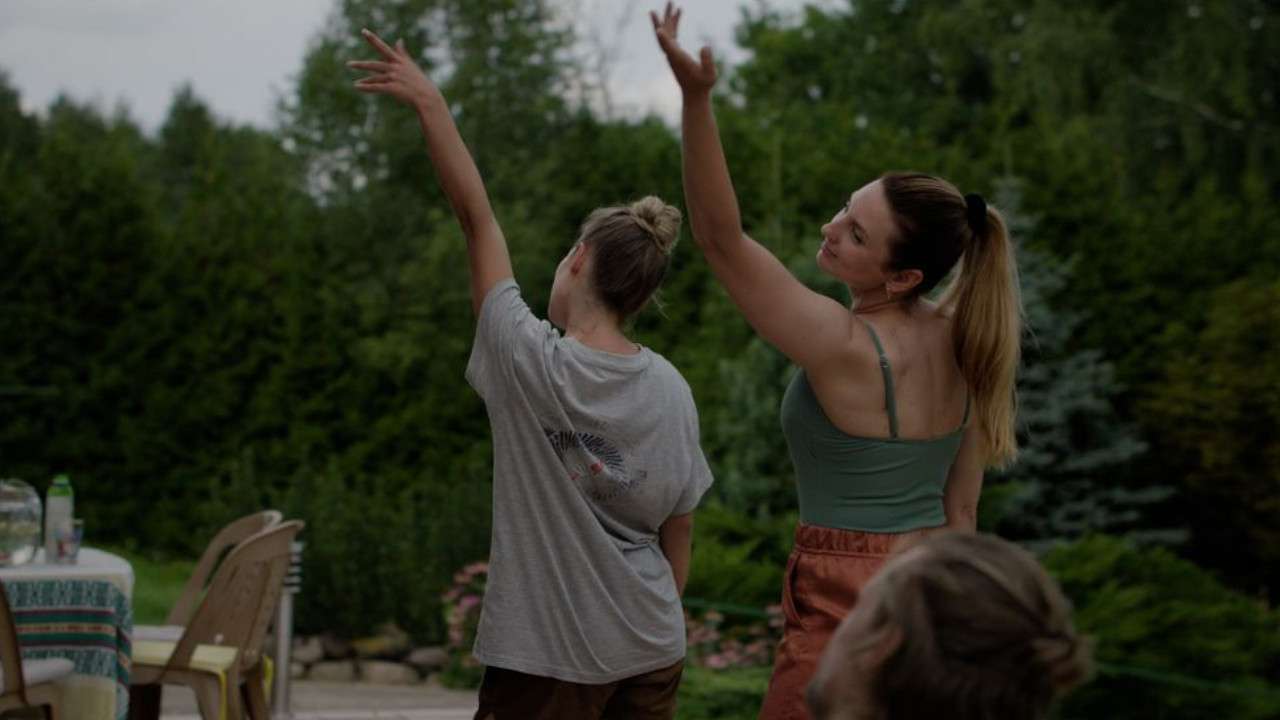
Ernesta (Gelminė Glemžaitė) and Lukas (Paulius Markevičius) are somehow scraping by, confessing their dire straits to the former’s sister, Juste (Agnė Kaktaitė) and her husband, Tomas (Giedrius Kiela). Ernesta has been jobless for a while, and Lukas’ short-term contracts have also left him on the perch. They aren’t even promised a loan, which they desperately need. The two families are vacationing at a country house that belonged to the sisters’ parents. Both the women seem pretty pissed off and unimpressed by their husbands, who clearly struggle when asked to look after the kids in their absence. Suddenly, Juste’s daughter, Urte, has a drowning accident in the lake on the property.
The brilliant trick the film plays, without harping on its mischief and instead spilling over with curiosity, is its upending a resolute, cleanly traced narrative direction. There’s immense melancholy shading the characters, but the film strategically eschews the least bit of melodramatic indulgence. It is far cleverer for that. With a snakelike agility, the film trails the women as they dip out of the present and resurface in the future.
Even that arc is problematized as the narrative replays a selection of the crucial scenes and moments that became inseparable from the women’s tortured memories. A scene where the sisters dance, only to be rudely interrupted by their kids’ demands, unravels twice to differing songs. Pockets from the fateful day are also rejigged to initially disorienting but ultimately coherent effect.
“Drowning Dry” rests on the natural magnetic chemistry shared between Glemžaitė and Kaktaitė, despite the film not elaborately building their bond. Both achieve an instant resonance with their characters’ individual shattered emotional selves. The climactic conversation between the two sisters is phenomenally performed. The director evokes seemingly disconnected bits yet accomplishes a smart, emotionally well-connected whole that recognizes the crushing gravity of a moment as emblematic of an entirety of loss.



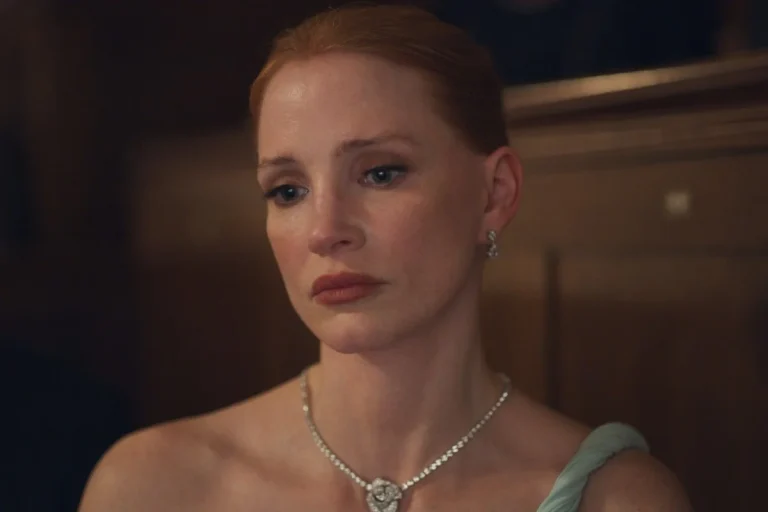
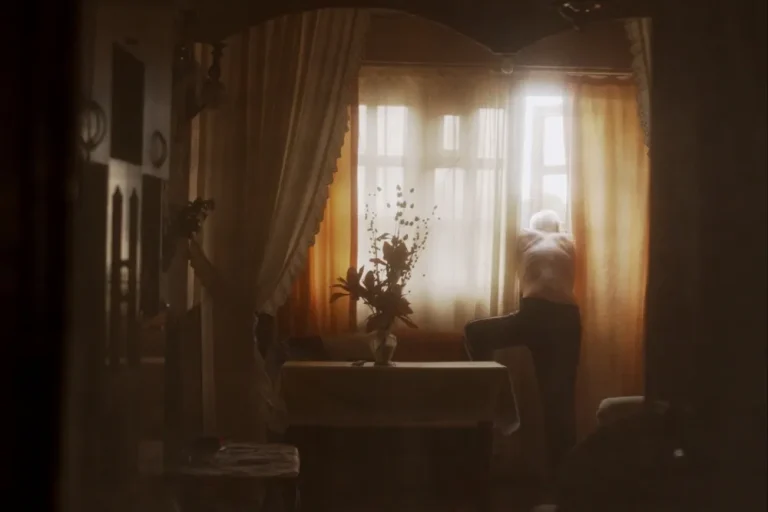
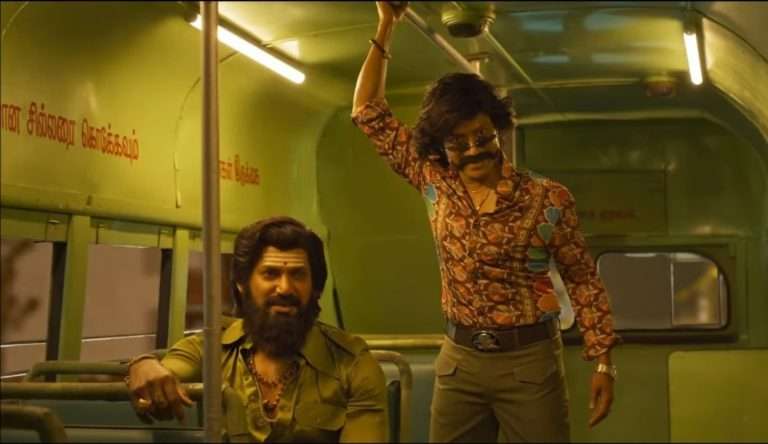
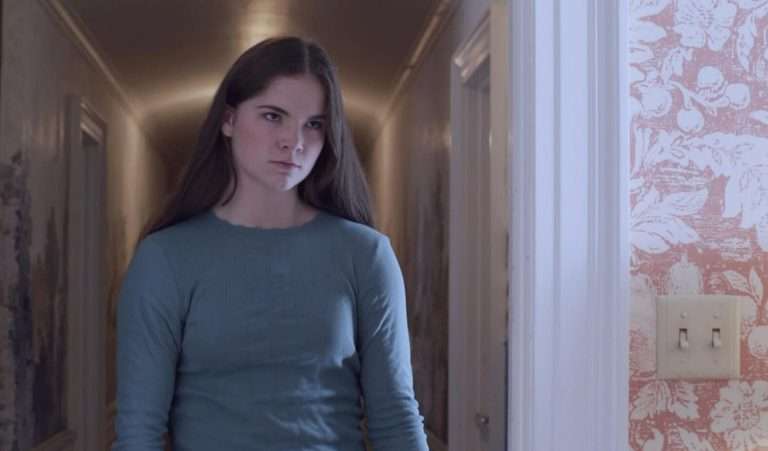
![Be Right Back [2022]: ‘Slamdance’ Review – Lost amidst its Cryptic posturing](https://79468c92.delivery.rocketcdn.me/wp-content/uploads/2022/01/Be-Right-Back-768x432.jpeg)
